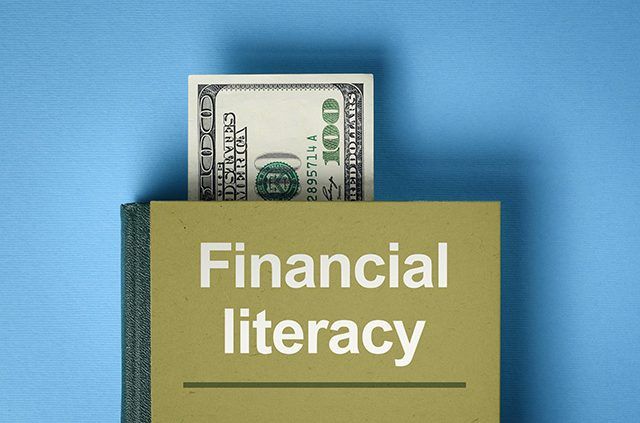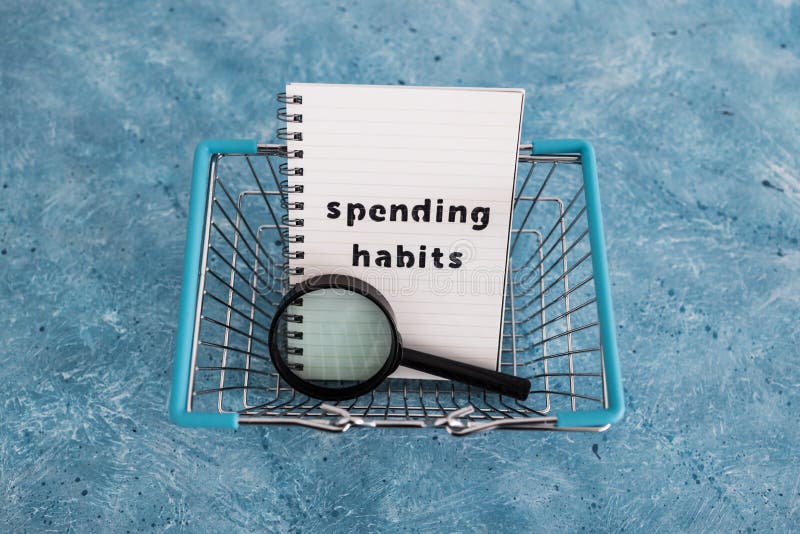
Financial literacy is the most essential skill that students will need in the future. Learning how to budget and save early on can help your kids manage Money in the future. High school is the perfect time to introduce these concepts and lay the foundation for a healthy financial life. The following financial literacy tips for high school students will help them on the right track.
Understanding the Basics of Budgeting
Learning to budget is one of the first financial literacy tips for high school students. One of the benefits of Budgeting is that students can manage their income and expenses well. A budget is a plan to keep Money coming in and going out the same way, in other words. For the student to start seeing where all of his Money goes, he can simply begin to list his income, allowances, part-time job earnings, and then his spending on essential items like school supplies, transportation, or entertainment. They will learn how to prioritize expenses and thus make wise Money decisions and not spend too much.
The Importance of Saving Early

Saving is another major lesson in financial literacy for high school juniors and seniors. It can be a habit to save even a small amount of Money at a time. Savings teach students to discipline and establish an emergency fund to tap upon for unforeseen expenses. It's an excellent place to start with opening a savings account. On top of introducing them to banking, it allows them to earn interest on what they save. It's encouraging high school students to take their savings seriously and set financial goals, like saving for a laptop or a trip.
The Power of Understanding Credit
One of the most overlooked and yet crucial financial literacy tips for high school students is understanding credit. As students progress to adulthood, they will have credit cards and loans. Credit is great for emergencies but must be used carefully. It is essential to teach students about the implications of borrowing, such as interest rates and the consequences of late payments. Poor credit can harm you for a long time, and a good credit score can open doors to good financial opportunities, such as lower interest rates for loans.
Smart Spending Habits

One of the other essential financial literacy tips for high school students is learning to differentiate between needs and wants to smart spend. Most high scholars spend reasonably on things such as gadgets, clothes, or outings with friends without thinking about the potential consequences later on. This reinforces the idea that mindful spending habits can be developed by teaching them to ask themselves whether a purchase is needed or can be put off. Smart spending is about deciding how and where to spend Money, ensuring they receive the best value without becoming bankrupt.
The Need for Future Financial Planning
Additionally, financial planning is an essential first financial literacy skill that high school students must know early. It's about looking ahead—beyond short-term goals to planning for the future from the perspective of long-term financial stability. Investing can even be introduced to students in small amounts, encouraging them to think beyond saving. Financial planning will help them see a roadmap to where they end up with expenses like college, a car, or even retirement.
Conclusion
High school students need financial literacy tips to develop responsible Money habits that will shape their future. If students know the basics of Budgeting, saving, credit, smart spending, and financial planning, they can take steps to establish themselves for a stable financial future. These things must be developed early to build confidence and make smart Money decisions when they become adults. They will need to understand how to manage their Money wisely to benefit in years to come.





